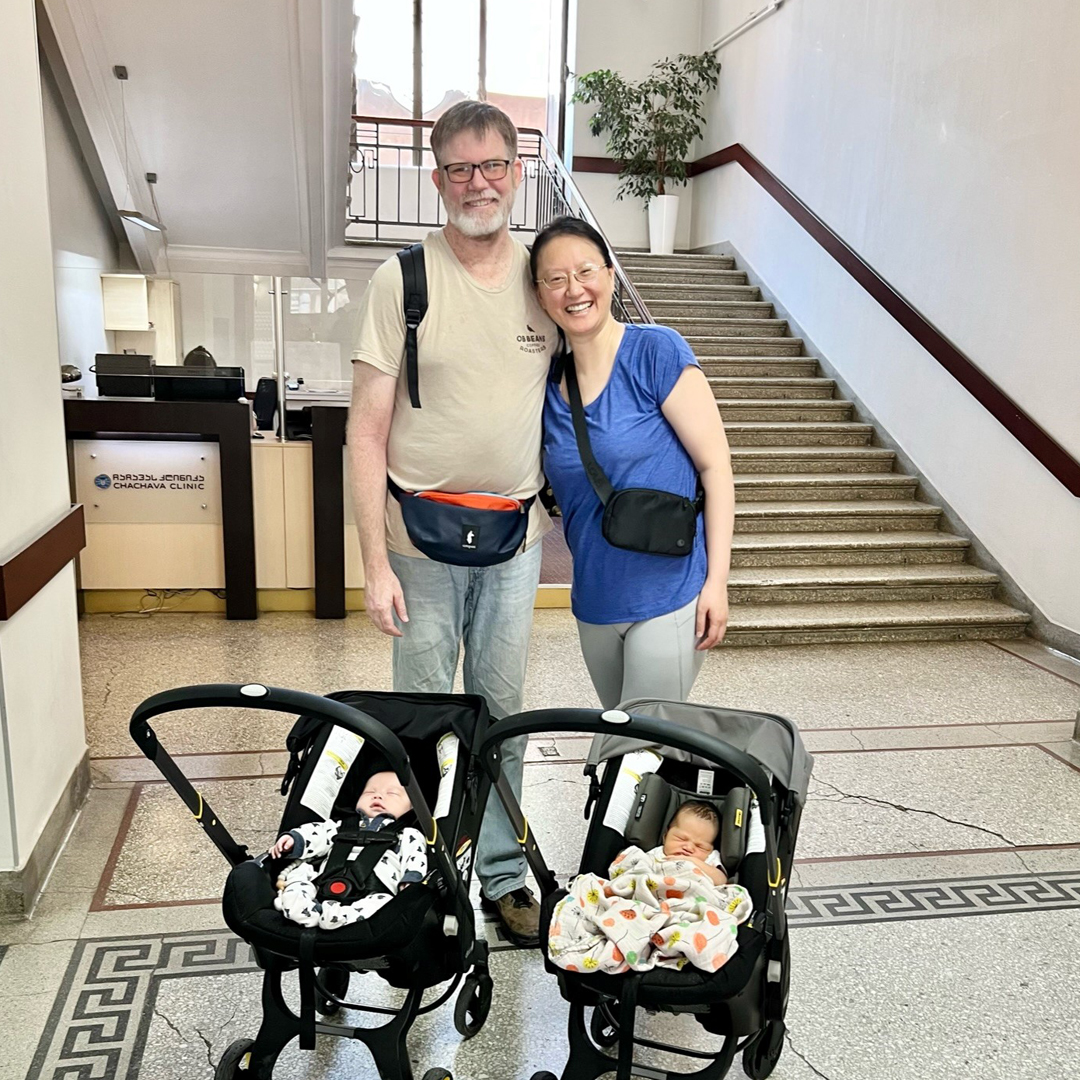Welcome, Andrew and Emma! One Family’s Surrogacy Journey
A Story of Perseverance and of a Tiny Country’s Very Big Role in Changing a Family’s Life. In May and July of 2023, the Platt/Whitelaw Architects’ second generation grew by two. We’ve celebrated many Platt/Whitelaw babies over the firm’s 60+ years, but Andrew and Emma had extraordinary journeys into this world. Building Family Through Surrogacy [&h




